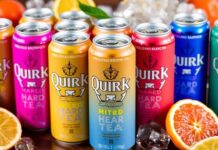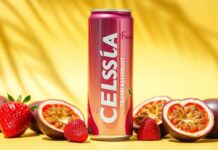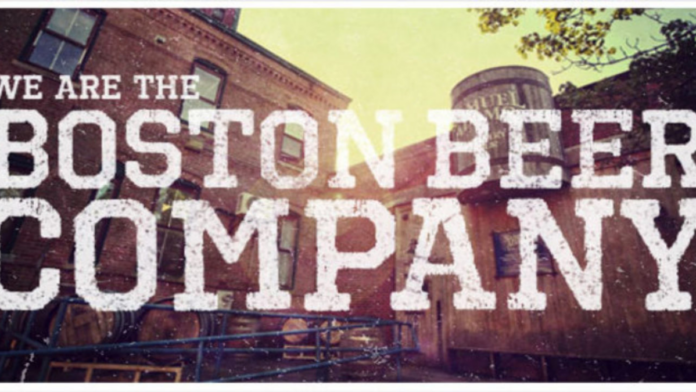A class action lawsuit has been filed against the Boston Beer Company (NYSE: SAM). The complaint, captioned Siegel v. The Boston Beer Company, Inc., et al., (Case No. 21-cv-7693), alleges that Boston Beer misled shareholders regarding the performance of its popular hard seltzer brand, Truly.
In April of this year Boston Beer’s stock was trading at an all-time high thanks, in large part, to surging Truly Hard Seltzer sales. The company reported a profit of nearly triple its Q1 2020 earnings. Fresh off the heels of an impressive Q1 and less than a month before the company’s highly anticipated launch of Truly Punch, Boston Beer announced lofty Q2 goals.
Unfortunately, Truly’s sales did not continue as projected. By July, SAM had fallen significantly short of analysts’ top and bottom line Q2 projections and missed its revenue goals by almost $50 million. The company reduced its F21 guidance from $22-$26 per share down to $18-$22 per share. To make matters worse, following the company’s announcement of its disappointing Q2 earnings, SAM’s stock plunged again in after hours trading, falling an additional 20%.
Analysts have attributed Truly’s underwhelming performance to an overly saturated hard seltzer market and a plethora of brands for consumers to consider at retail. Additionally, the reopening of bars and restaurants following pandemic-related closures resulted in consumers returning to on-premise consumption. During the company’s profitable Q1 shoppers were still purchasing hard seltzer products in record amounts for off-premise consumption at home.
“We overestimated the growth of the hard seltzer category in the second quarter and the demand for Truly, which negatively impacted our volume and earnings for the quarter and our estimates for the remainder of the year,” stated Boston Beer’s CEO, Dave Burwick.
“We increased our production of Truly to meet our summer peak and have had lower-than-anticipated demand for certain Truly brand styles, which has resulted in higher-than-planned inventory levels at our breweries and increased supply-chain costs and complexity,” Burwick continued.
On September 8th SAM attempted to manage expectations again, this time completely withdrawing its F21 financial guidance and explaining that it “expects to incur hard seltzer-related inventory write-offs, shortfall fees payable to 3rd party brewers, and other costs.” By September 9th, Boston Beer’s stock was worth only $538.31 per share, a far cry from April’s $1,349.48 per share.
The lawsuit alleges that Boston Beer failed to disclose Truly’s declining sales in an attempt to exaggerate stock prices to the detriment of shareholders. “Defendants’ [Boston Beer’s] positive statements about the Company’s business, operations, and prospects were materially misleading and/or lacked a reasonable basis,” the federal complaint, which was filed in the United States District Court for the Southern District of New York, explains.
“As a result of Defendants’ wrongful acts and omissions, and the precipitous decline in the market value of the Company’s securities, Plaintiff and other Class members have suffered significant losses and damages.”
The law firm representing affected shareholders is currently seeking out individuals who lost significant sums of money to act as lead plaintiffs in the suit.
Boston Beer has yet to issue a public response to the class action. There is still much more to be seen regarding the lawsuit, but one thing is certain-investors and competitors alike will be watching the case closely as it unfolds.
- Seltzer Category Expanded for 2022 Craft Beer Marketing Awards - February 11, 2022
- Drifter Expands Portfolio with Nordic-Style Gin - January 18, 2022
- Tilray Acquires Green Flash and Alpine Beer - December 22, 2021














